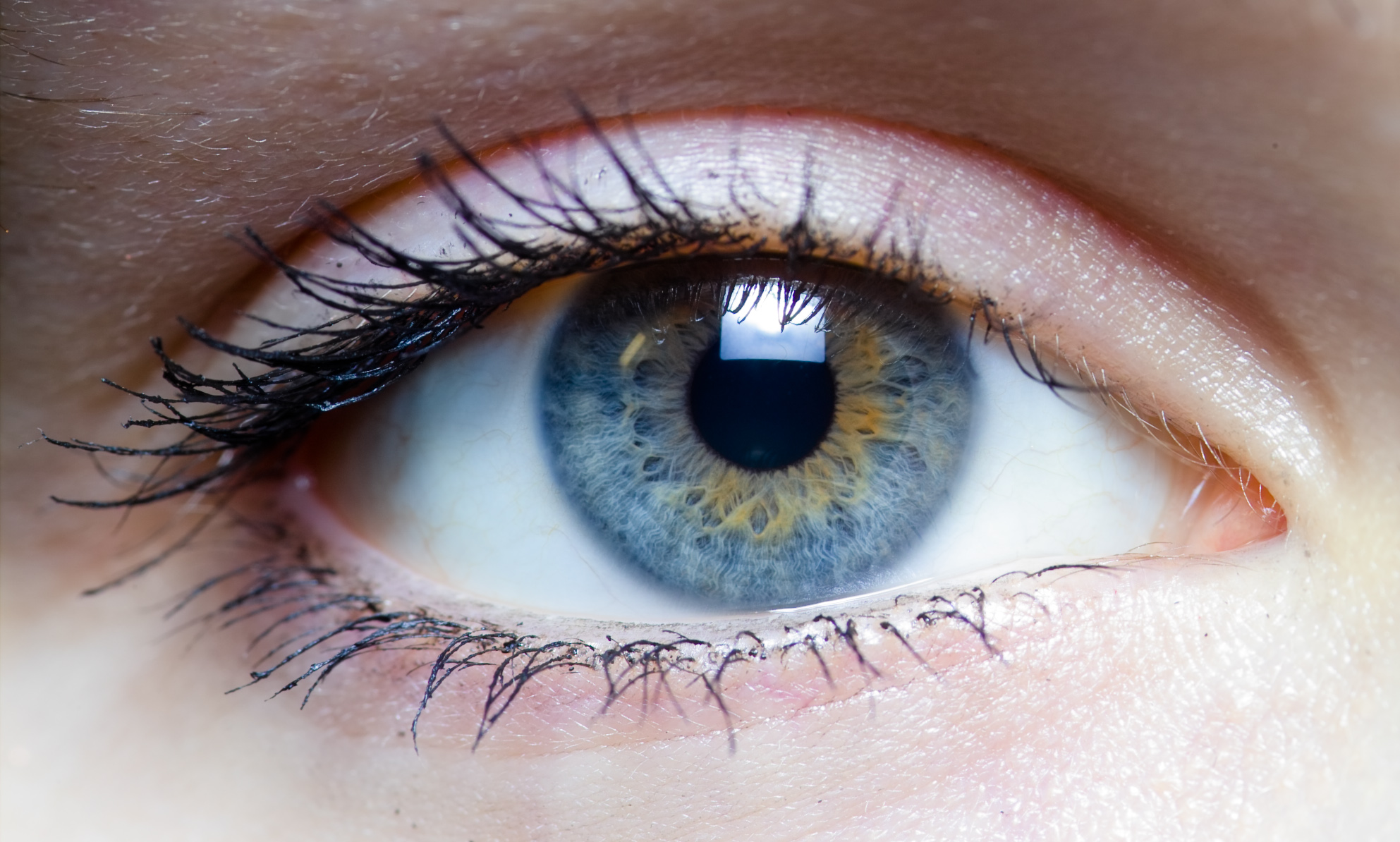If you are considering going green, an easy way to start is by adjusting some habits that are directly related to your health. There are numerous simple changes you can make in your everyday routine that impact both your personal health and the health of the environment. These smaller changes require minimal financial investment and very little in the way of effort.
courtesy:Danielle Gream, Hillary Marshall - ehow.com
 Refrigerator and Pantry:
Refrigerator and Pantry: Food that is organic is better for you and the environment. Though it isn't always possible to convert to entirely organic food, there are some foods that are worse than others in both their health and environmental footprint. According to the author of "Your Organic Kitchen," Jesse Ziff Cool, the following foods are the top ten foods you should eat organic; strawberries, bell peppers, spinach, cherries, peaches, Mexican cantaloupe, celery, apples, apricot and green beans.
According to Planet Green, you can also go green by purchasing food that is produced locally. This cuts out the environmental impact of transportation and supports your local economy. They also suggest looking for foods with the "fair trade" label. Not only do fair trade certified foods support green sustainable business practices, they also ensure fair working conditions for those involved in the production of the product.
Health and Beauty: Body products are often the least green things in the home. Soap, shampoo, makeup, lotion, nail polish, sun screen--you name it, most of these supposed health and beauty products are far from healthy for you or the environment. Although cosmetic companies and the FDA claim these products are safe, Planet Green, The Environmental Working Group and The Green Guide suggest that they are likely only safe in small doses. If you are using these products on a daily basis, they could be a potential threat.
To make your health and wellness routine more green, look for products that have decipherable ingredients. Soap does not need to have sulfates in it. Products do not need to use parabens as preserving agents. Synthetic dyes and fragrances are completely unnecessary. Instead, try products scented with essential oils, preserved with vitamin E, made with vegetable-based soap and dyed with natural pigments. According to National Geographic's Green Guide, the following 12 ingredients should be avoided: antibacterial agents like triclosan, coal tar and coal tar dyes like FD&C green 3 and FD&C blue 1, diethanolamine or DEA, 1,4-dioxane or ingredients with the terms "PEG," "-xynol," "ceteareth," "oleth" or "eth," formaldehyde, fragrance, lead and mercury or thimerosol, nanoparticles particularly zinc oxide, parabens, petroleum distillates or liquid paraffin, p-phenylenediamine and hydroquinone. The Environmental Working Group suggests you add the following to the list if you have children: BHA, 2-bromo, 2-nitropropane-1, 3-diol bronopol, DMDM hydantoin, oxybenzone, boric acid, sodium borate, dibutyl phthalate and toluene.
Green Cleaning: Using green cleaning products can have a significant effect on both your health and the health of the environment. Non-green commercial cleaning products use chemicals that are harmful to the environment. These chemicals contaminate our waterways and release VOCs, or volatile organic compounds, into the air. They also tend to be packaged in non-recyclable, non-eco-friendly packing.
The trick to green cleaning is knowing what you are buying. It is difficult to trust product labels in this area because the standards for labeling are loose. The national Geographic Green Guide recommends avoiding certain chemicals, including alkylphenol ethoxylates, ammonia, triclosan and other antibacterial agents, butyl cellosolve, butyl glycol, ethylene glycol monobutyl, chlorine bleach or sodium hypochlorite, diethanolamine or DEA, artificial fragrance, phosphates, sodium hydroxide and sodium lauryl sulfate.
It is also possible to make your own homemade cleaners using common pantry items like vinegar and baking soda. For instance, baking soda can be used to scour surfaces or sprinkled on carpet and vacuumed up to deodorize. You can also make an all-purpose cleaner with 1 cup vinegar and 1 gallon of water.
Reducing Energy Usage: The consumption of fossil fuels is a leading cause of environmental strain and, thereby, adverse affects on our health. Limiting energy usage or using alternative energy reduces pollutants in the air which will help us breathe better and reduce air particles that contribute to heart disease
Changing Transportation Habits: Of course, taking public transportation or riding your bike helps reduce the amount of pollution being released into the environment, but there are other health benefits to changing your transportation styles. Taking in sunlight and nature while pedaling a bicycle improves mental and physical well-being. Being social, which can be done on buses and trains, also plays a vital role in mental health.
Buying Locally Grown Food: Buying organic food grown locally is an excellent way to avoid pesticides and preservatives used in packaged foods. Mass-produced, commercial fruits and vegetables are often harvested before they are ripe and allowed to ripen off the plant may be less nutritional than plant-ripened alternatives. Buying local also reduces the carbon footprint left by food being transported across the country or globe.








